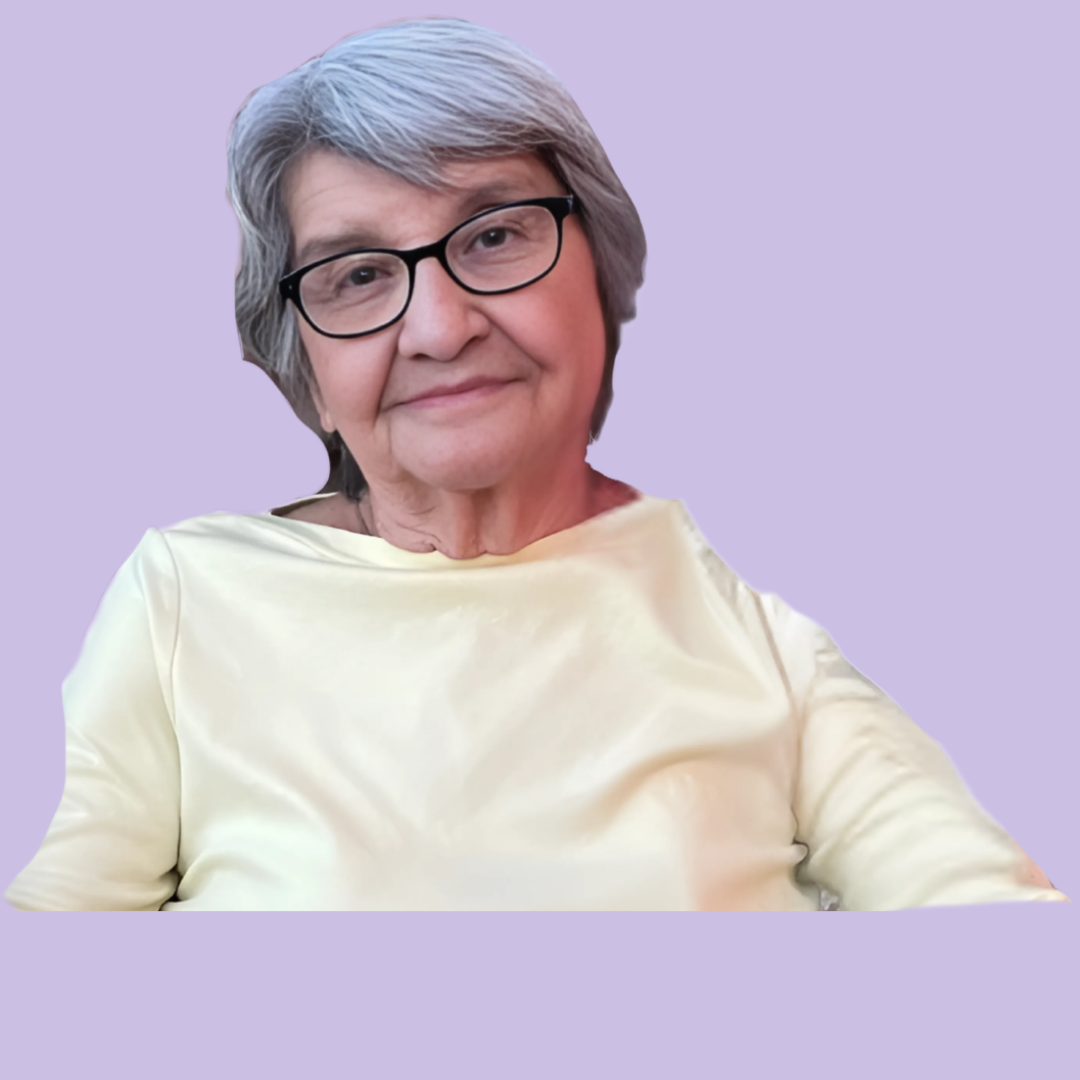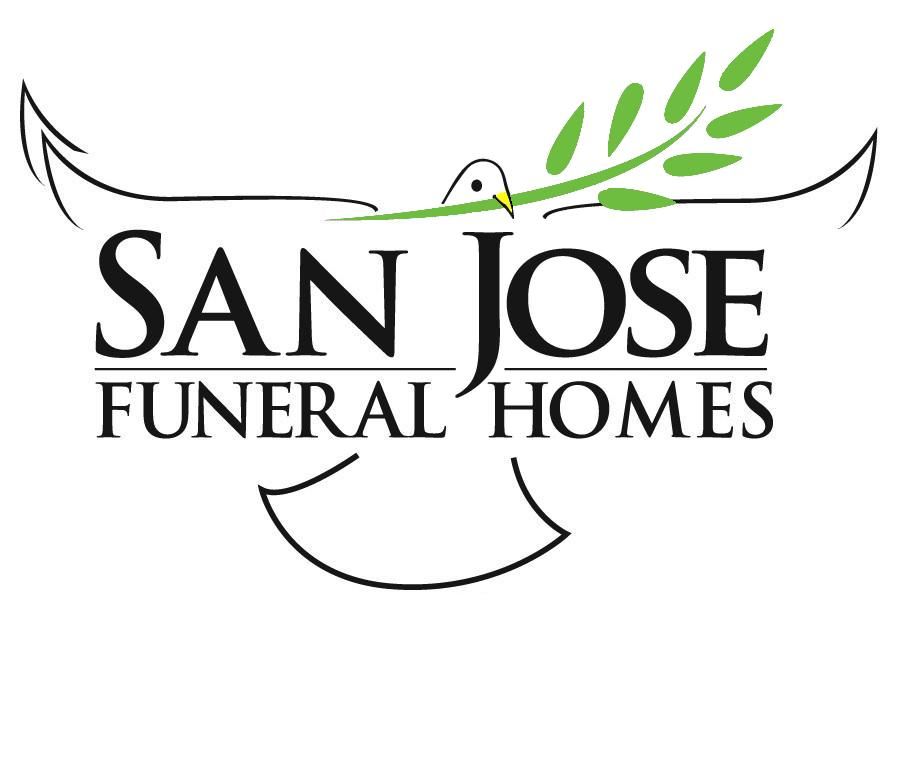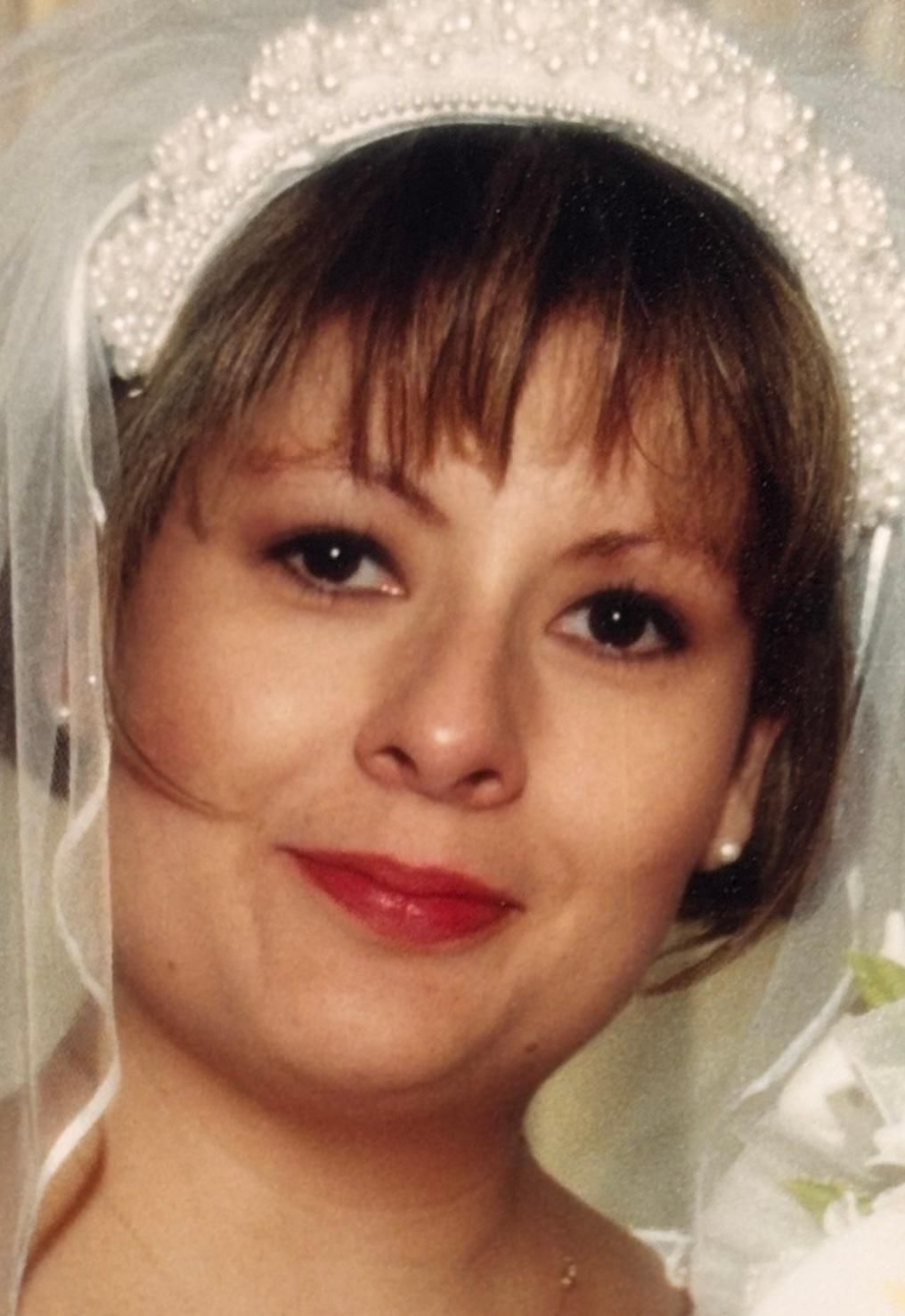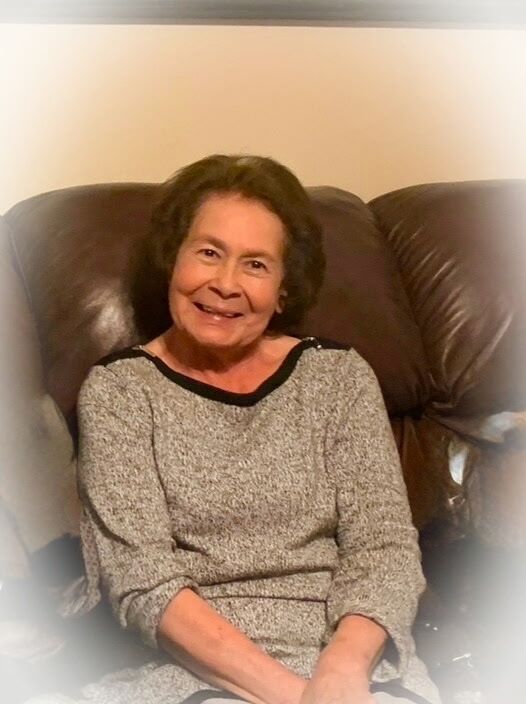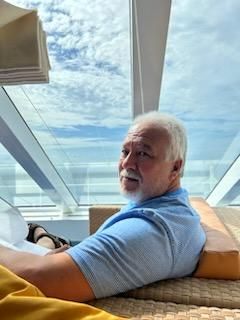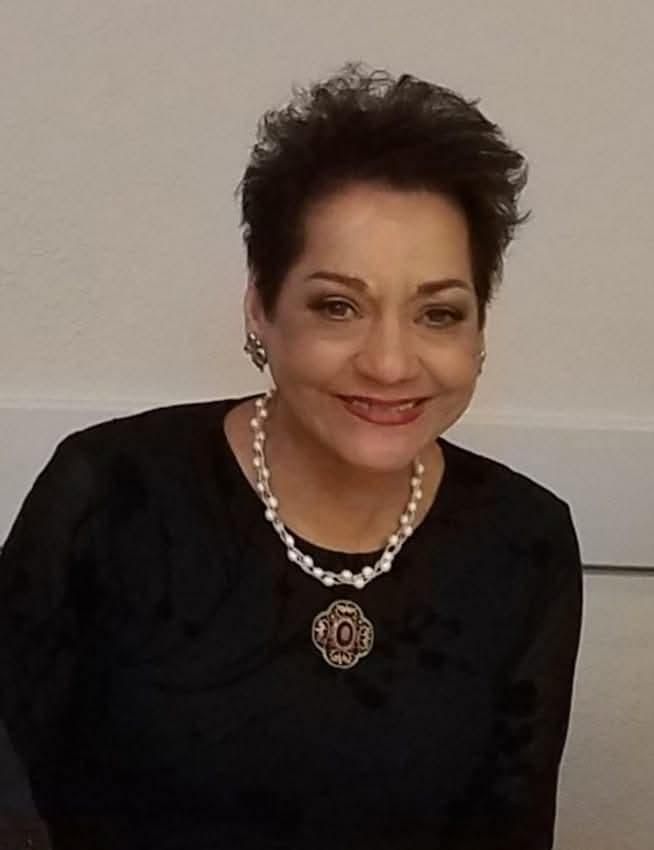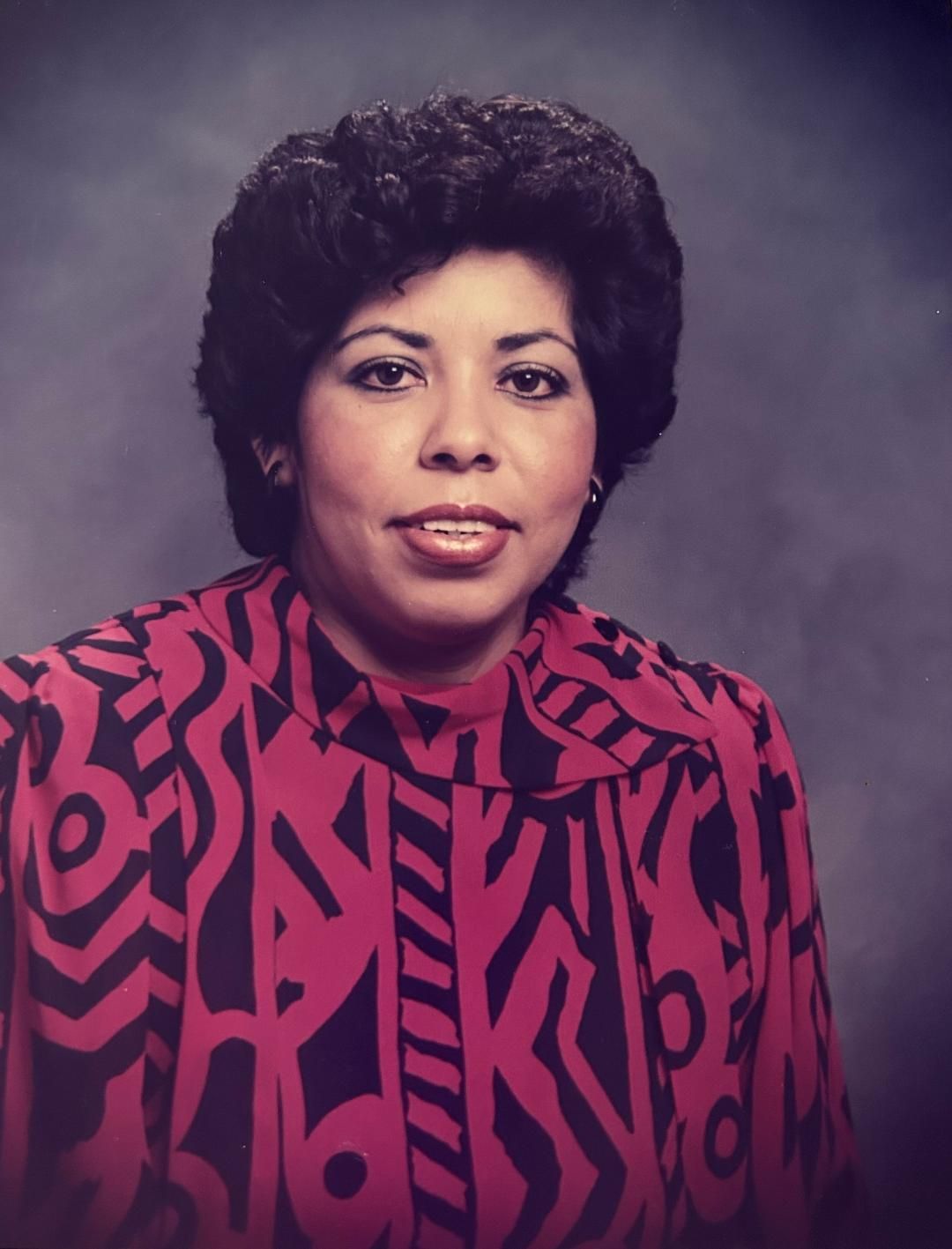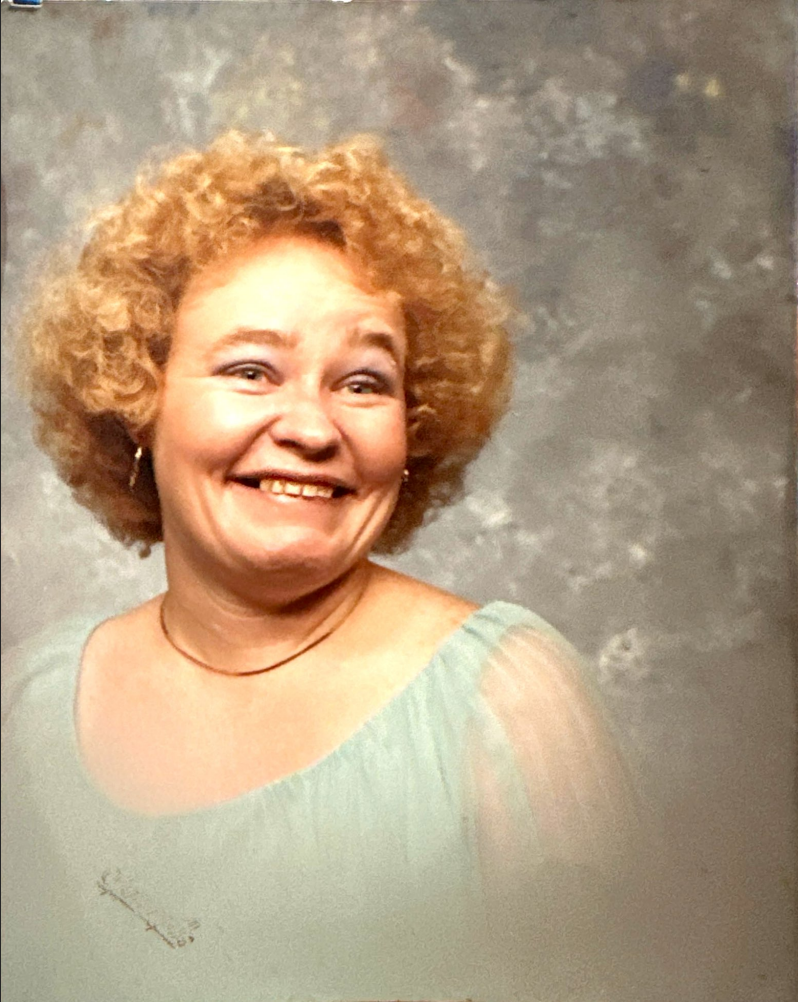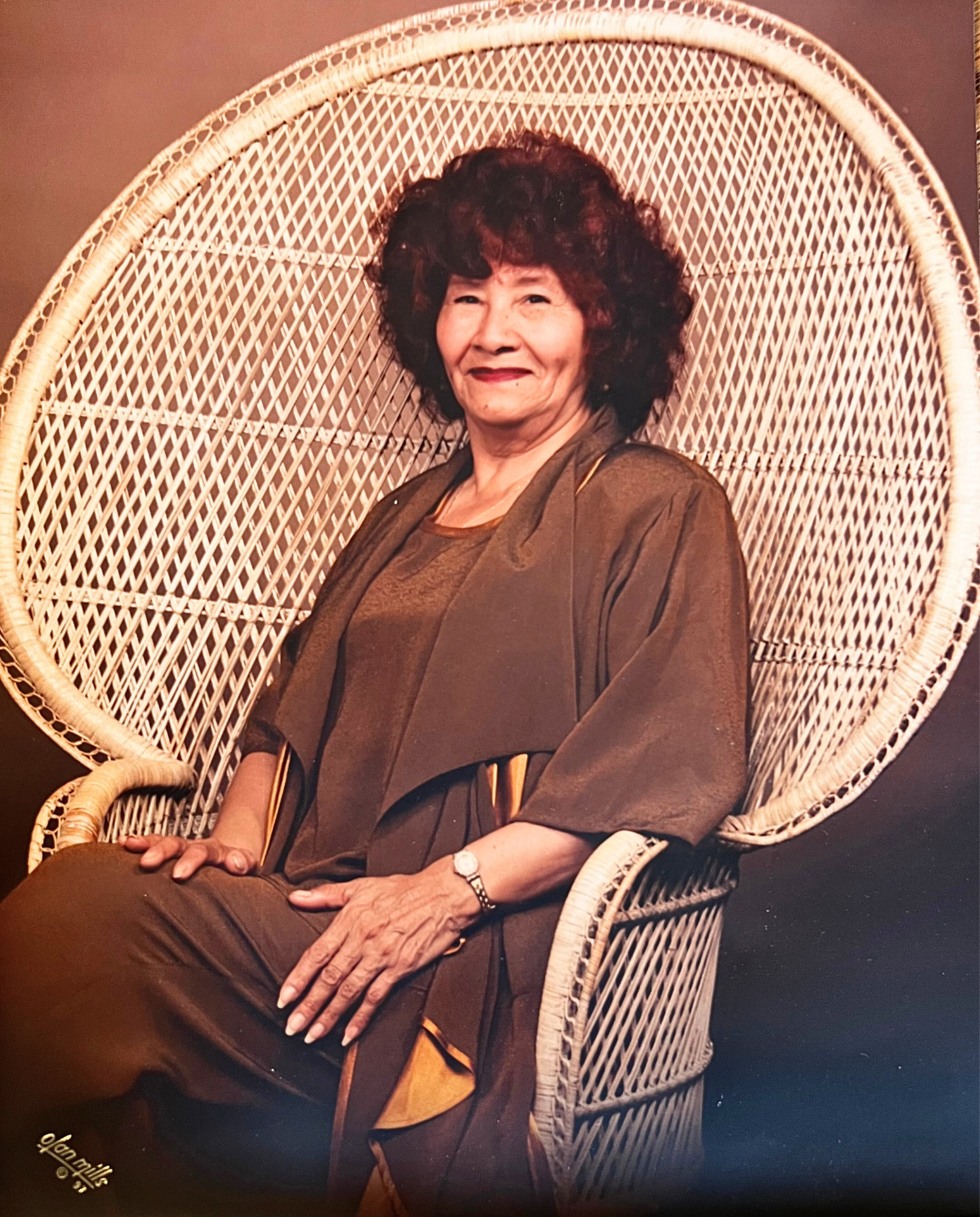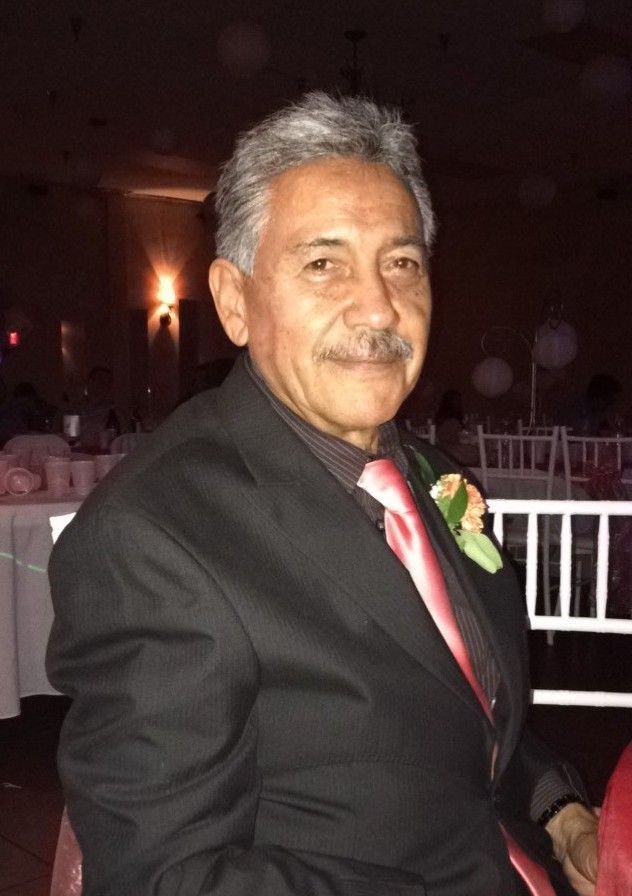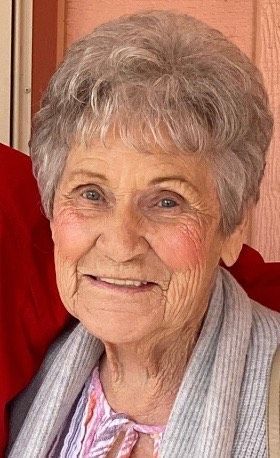
Carlos Lozoya Terrazas
September 5, 1932 - April 18, 2025
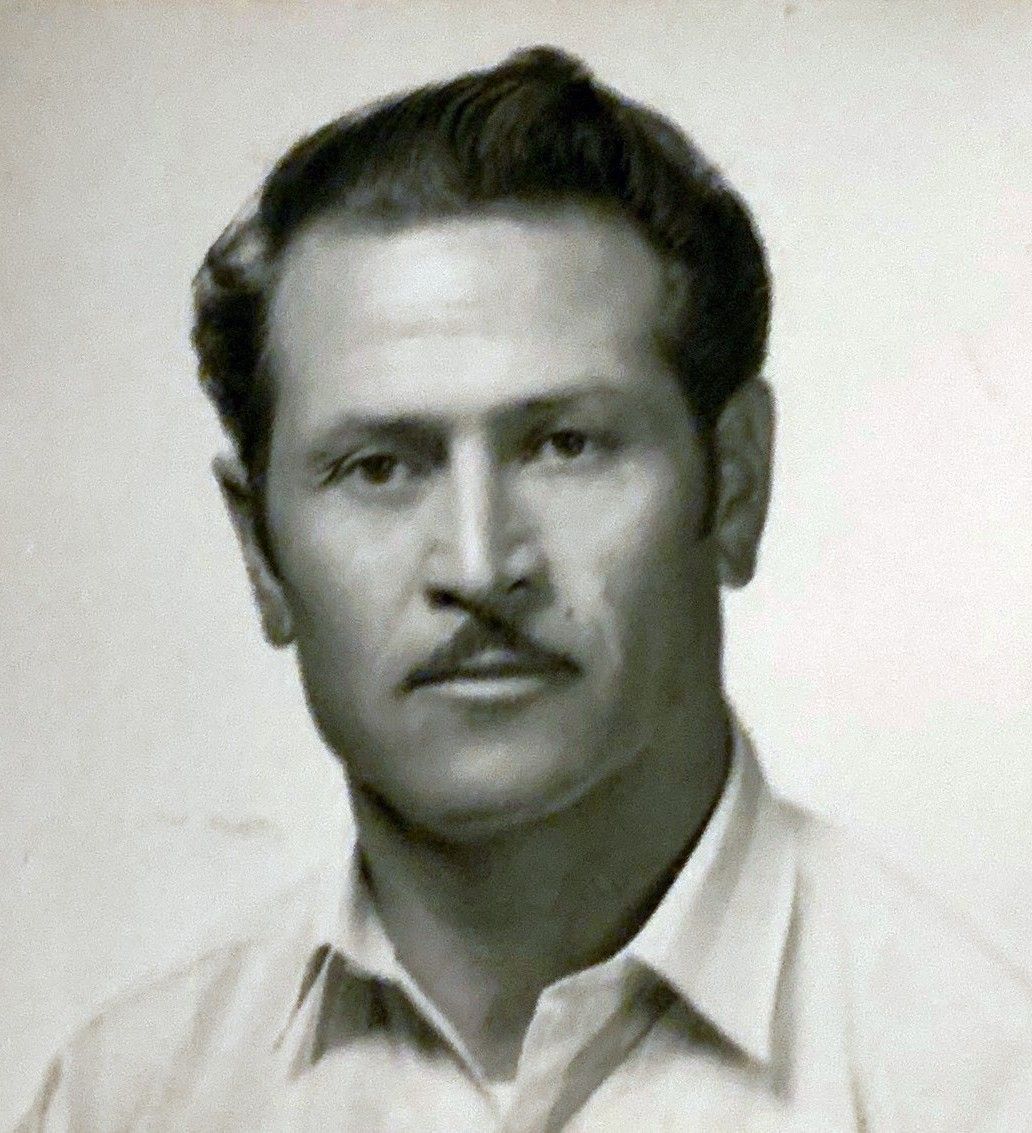
Carlos L. Terrazas, was born Sept. 5, 1932, in Valle de Zaragoza, Chihuahua, Mexico, and died on April 18, 2025. As he was breathing his last, he was surrounded by his five children – listed from oldest to youngest – Beatriz, Luis Carlos, Angelica, Karla, and Victor Hugo. His second wife, his surviving brother and sister, his two sons-in-law and third son-in-law-to-be also saw him in his last hours. We thanked him, told him how much we loved him, and that we would be okay, he could leave in peace. We also recalled his 92 years of life, all the things he did that we know of, and the things we learned from him about his early years.
He came to this country as a bracero, a now defunct method for international workers to legally work in our agricultural industry. Think “brazos” – someone who works with his/her arms doing manual labor. He harvested produce that ended up on American dinner tables, and at one time worked in the cotton fields, like so many brown and Black people did before and after him.
He met his first wife in Las Cruces, NM, and the doctor for whom she worked sponsored their application for citizenship. Dr. Ezra Neidich was also the one who talked a medical team out of amputating his right foot when an agricultural accident shredded several toes and part of his right foot. Instead, surgeries and skin grafts meant he had a working foot for the rest of his life, albeit one that in his last years was prone to skin sores that were difficult to treat.
He later worked in New Mexico, digging into the soil and constructing missile silos. Once, he told us that occasionally the construction workers were told to gather in a safe place where they could watch weapon launches from those silos without getting hurt.
He eventually moved on from that job and opened a hardware store across the border in Ciudad Juárez. Like so many fronterizos, his life was binational, bicultural, and bilingual. Even after retiring from his own small business, he always did part-time jobs because he couldn’t sit still and do nothing.
Angelica and Beatriz have always gotten season tickets to the El Paso Chihuahuas because our dad loved baseball. In his last years, he didn’t always feel well, but if there was a game for which we had tickets, he went with us. The folks at the entrance knew him and made sure he got his rollator through the gates and in the doors and up the elevator to our assigned seats. Sometimes, if we were losing badly, we’d leave the game early. One game last season we were getting trounced. We wanted to leave but he pressed us to wait, and of course, we had a spectacular comeback and won. He watched a final Chihuahuas game a few weeks ago when the season opened.
He never forgot where he came from, nor the circumstances of his early life. He reminded us to help those we could and not forget about who had less than we did. There was
particular young man in his neighborhood near Bowie High School – a recent immigrant – whom he was trying to help until the very end with gifts of his own old furniture, furniture he had gotten second- or thirdhand himself.
In his last year, he talked a lot about his childhood in Mexico – he was so poor he and his brothers made their own toys. His mother died young of some kind of fever; he was around 16 when she died. Lately, he became emotional when he thought of her. He became emotional at the thought of leaving his grown children. He felt he needed more time to be gather with his kids, grandkids and his surviving siblings. He valued his family above all else.
We used to think that he was afraid of dying, and that had to do with his grief. Today, we’re not so sure. Maybe he realized that in the span of 92 years he had seen and done so much, and he simply couldn’t imagine that exploration coming to an end. He came from a truly hardscrabble life in another country, and was able to see, what was for him, so much of the world, and so much evolution, from the cotton fields to rocket silos, from construction work to having his own business, five kids and six grandkids.
It makes us rethink our own lives, and what we used to consider “living a big life” – having enough money to buy things we want or travel the world. Maybe it’s not that at all. Because we see now that in his own eyes, he lived a big life.
Carlos is preceded in death by his parents, Gilberto Terrazas and María Lozoya, his brothers, Juan, Manuel, Samuel, Roberto, Isaías, Gustavo, and daughter María Icela. He is survived by his brother Daniel, his sister Olivia Agosto, his five children, Beatriz, Luis Carlos, Angelica, Karla, and Victor Hugo, and six grandchildren.
We will see you on the other side, Dad. We miss you already
